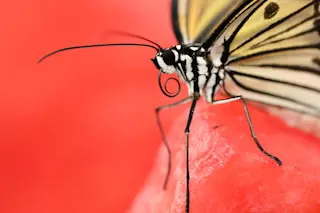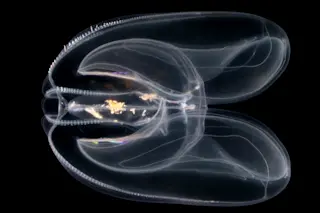2009 represents a double-dip of Charles Darwin milestones. A plethora of Darwin stories in the press have marked his 200th birthday. And today, as 80beats has already noted, is the 150th anniversary of the publication of On the Origin of Species, an occasion that sparked another round of Darwin fever. TIME, however, observed the day by posting a Q&A with British author Dennis Sewell, who is selling a book on "how often — and how easily — Darwin's big idea has been harnessed for sinister political ends." Sewell isn't an evolution denier, but rather among the crowd crowing that Darwin was a racist and responsible for inspiring eugenics. Sigh. While it's probably true that Darwin was influenced by the racial attitudes of his time and place—Victorian England–DISCOVER has covered the other side of that coin: that the scientist was an abolitionist and rather progressive for his day. Even Ray Comfort, ...
Worst Science Article of the Week: The "Dark Side" of Darwin
Celebrate the 150th anniversary of On the Origin of Species and explore the enduring impact of Darwin's theory of evolution.
More on Discover
Stay Curious
SubscribeTo The Magazine
Save up to 40% off the cover price when you subscribe to Discover magazine.
Subscribe












